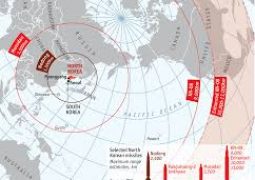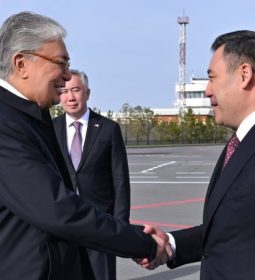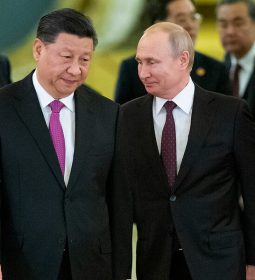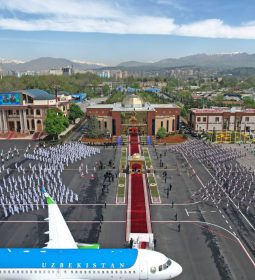Egypt and Saudi Arabia Come Together Ahead of Trump Trip
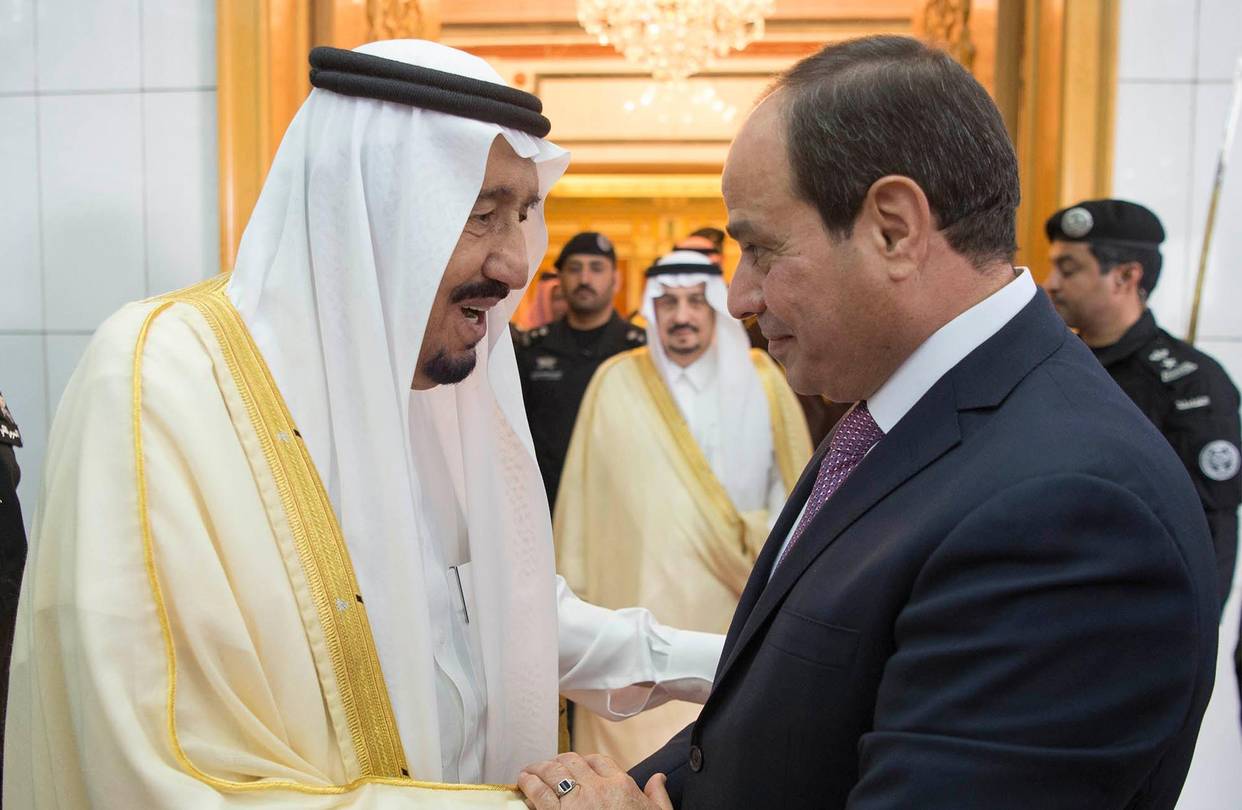
Egypt and Saudi Arabia Come Together Ahead of Trump Trip
The two Arab powerhouses put aside differences in advance of U.S. president’s visit to Riyadh
CAIRO—In private, Egyptian officials like to complain about arrogant and uncouth Saudis. In Riyadh, there is just as much eye-rolling about the supposedly unreliable and incompetent Egyptians.
Periodically, this tension erupts into open spats. Yet these quarrels only go so far: no matter the mutual frustration, the Arab world’s most populous country and its economic powerhouse simply can’t afford not to get along with each other.
The latest such cycle of squabbles followed by reconciliation began in October, when Egypt—alone among Muslim members of the United Nations Security Council—supported a Russian-sponsored resolution on Syria. That angered Saudi Arabia, which backs Syrian rebels targeted by Russian airstrikes.
Tensions finally subsided in recent weeks, as President Donald Trump courted Cairo and Riyadh. The Trump administration is pushing for a new coalition of moderate Arab states hostile to Iran and open to cooperation with Israel that would be anchored on an alliance between Saudi Arabia and Egypt. Mr. Trump is kicking off his first foreign trip as president with this weekend’s summit of Arab and Muslim nations convened by King Salman in Riyadh that will also be attended by Egypt’s President Abdel Fattah Al Sisi.
Just a few months ago, Egypt and Saudi Arabia were barely on speaking terms. Saudi Arabia threw a financial lifeline to Mr. Sisi after he overthrew President Mohammed Morsi of the Muslim Brotherhood in 2013. Egypt, however, didn’t share Saudi hostility to the Syrian regime and provided only lukewarm support for Saudi Arabia’s war against pro-Iranian militias in Yemen. After the U.N. vote, Riyadh indicated its displeasure by withholding subsidized fuel supplies from Egypt.
Then, in January—amid escalating rhetoric—an Egyptian court blocked a deal under which Mr. Sisi had agreed to transfer two uninhabited Red Sea islands to Saudi control. Saudi officials doubted that the court would have made such a move without Mr. Sisi’s tacit approval, and relations continued to deteriorate until the Egyptian leader and King Salman finally agreed to disagree at an Arab League summit in Jordan in March. Fuel supplies have been restored and Mr. Sisi was welcomed with honors last month in Riyadh.
“There will be points of agreement and points of disagreement but we need to manage them on both sides,” said Mr. Fahmy, currently a professor at the American University in Cairo. “There is a threat of a breakup of the entire Arab nation-state system and that would have tremendous consequences. That’s a much larger threat than a difference of opinion on islands.”
Mr. Sisi agreed a year ago that the two islands—Tiran and Sanafir, at the mouth of the Straits of Tiran that guard maritime access to Israel’s and Jordan’s Red Sea ports—belong to Saudi Arabia. Under a 1950 deal between the two countries, Saudi Arabia allowed Egypt, then a much mightier military power, to take control of the islands as part of the confrontation with Israel.
MORE MIDDLE EAST CROSSROADS
- Saudi Reversal Marks a Power Play in the Kingdom May 11, 2017
- U.S. Is Caught Between Ally and Partner in Syria May 4, 2017
- Israelis Learn to Live With a New Neighbor: Islamic State April 27, 2017
- Centrist ‘Backlash’ Propels Former TV Anchor Lapid in Israeli Polls April 20, 2017
- Erdogan’s Narrow Win Could End Up Undermining Him April 16, 2017
That fact, however, was little known in Egypt—and the surprise decision to transfer the islands sparked rare street protests against Mr. Sisi.
“I don’t care whether the islands belong to Egypt or Saudi Arabia, but the way they presented this is wrong. People were shocked. Historically, Egyptians believed this is our land,” said former lawmaker Anwar E. Sadat, a nephew of Egypt’s late president and a critic of the government.
These protests were fueled by a sense—shared by many Egyptians—that Egypt, once the Arab world’s undisputed leader, has lost that mantle to Saudi Arabia’s benefit. While the islands deal is still making its way through the courts and Egypt’s parliament, officials in Cairo suggest the actual handover won’t happen anytime soon because Mr. Sisi, amid Egypt’s economic crisis, is loath to spark renewed protests.
It is only Iran and the Muslim Brotherhood that are trying to provoke a quarrel between Cairo and Riyadh, he added. “Relations with deep roots do not get affected in any way whatsoever,” Prince Mohammed said. “In the history between Egypt and Saudi Arabia, the two countries have always stood with each other during all circumstances and during all times and this has not changed.”
To what extent that will be the case in coming months remains to be seen, as long as the main areas of disagreement—particularly the islands and Saudi requests for a greater Egyptian role in the Yemen war—remain unresolved, cautioned Abdel Moneim Aboul Fotouh, a moderate Islamist politician who ran for president in Egypt’s 2012 elections.
“The reasons behind the dispute still stand,” he said, “and so this rapprochement is not built on strong bases.”
- Previous US should expel Turkey envoy over bodyguard violence – See more at: http://www.themalaymailonline.com/world/article/mccain-us-should-expel-turkey-envoy-over-bodyguard-violence#sthash.aJECV1G7.dpuf
- Next PM Najib: Economic retaliation on countries which boycott palm oil








